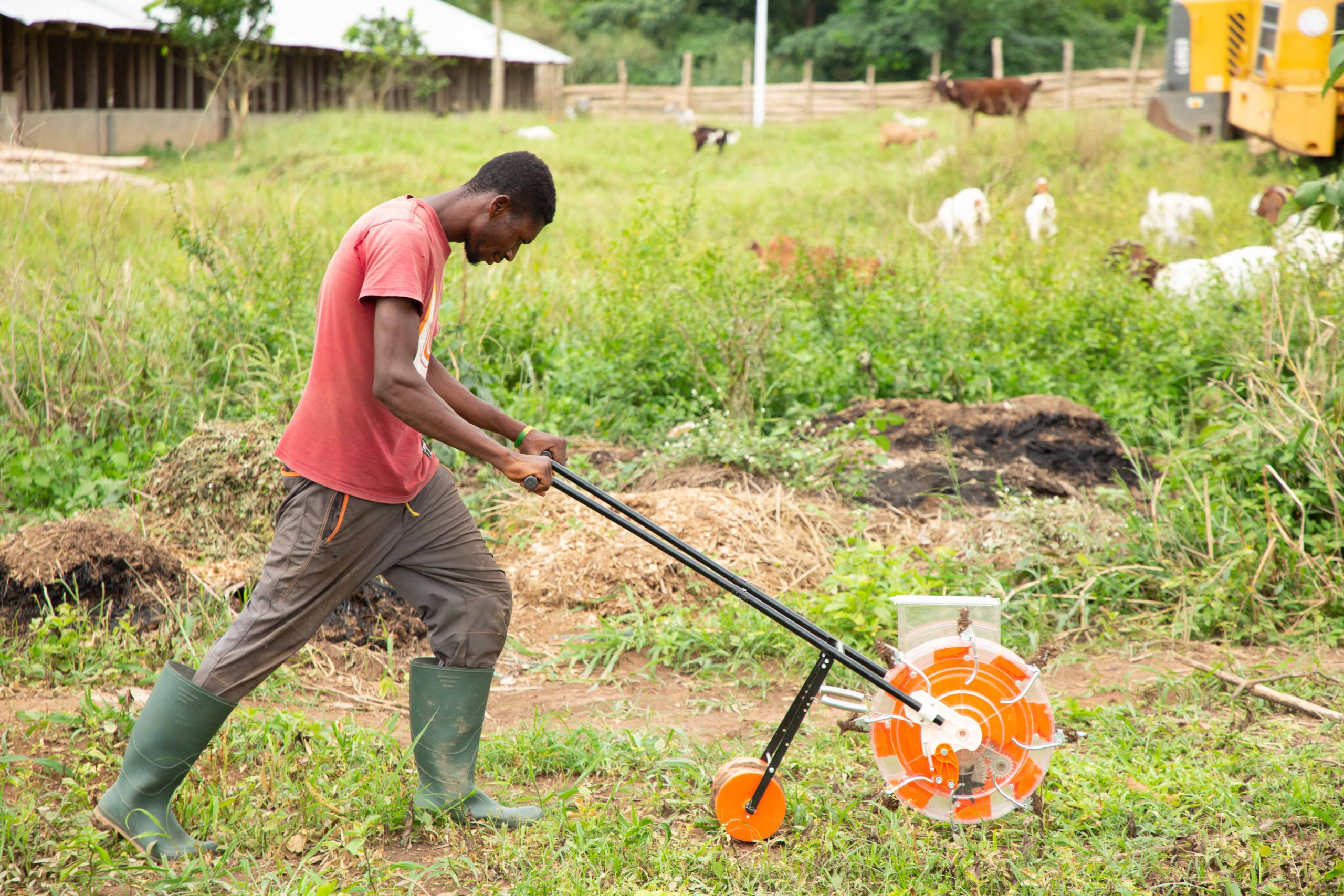The rainy season brings a wave of life and renewal, with lush pastures and abundant water resources. For livestock farmers, this season is a time of opportunity and productivity, but it also comes with its own set of challenges. Understanding the dynamics of the rainy season and preparing accordingly can help farmers maximize its benefits while mitigating risks.
Implications of the Rainy Season on Livestock Farming
- Abundant Forage The rainy season provides an abundance of fresh forage, which can significantly improve livestock nutrition and overall productivity. However, managing this surplus effectively is key to preventing wastage and ensuring consistent feed quality.
- Increased Water Availability With rivers, ponds, and streams replenished, water scarcity becomes less of a concern. However, the excess water can lead to waterlogging, which may pose risks to both livestock and infrastructure.
- Health Challenges The rainy season often brings a rise in diseases such as foot rot, pneumonia, and parasitic infestations. These health risks can affect livestock performance and require proactive management.
- Impact on Infrastructure Heavy rains can damage farm infrastructure, such as housing, fences, and access roads. This can disrupt operations and require additional investments in repairs and maintenance.
Strategies for Managing the Rainy Season
Farmers can turn the rainy season into a time of growth and opportunity by adopting strategies that address its unique challenges:
- Forage Management
- Harvesting and Storage: Cutting and storing surplus forage as hay or silage ensures a steady feed supply during less productive seasons.
- Grazing Plans: Implementing rotational grazing systems prevents overgrazing and maintains pasture health.
- Health Management
- Preventive Care: Regular vaccinations, deworming, and foot care are essential to protect livestock from rainy season diseases.
- Shelter Improvements: Providing dry, well-ventilated housing reduces the risk of respiratory infections and other health issues.
- Water Management
- Drainage Systems: Constructing proper drainage helps prevent waterlogging and protects infrastructure.
- Water Quality: Monitoring and maintaining clean water sources minimizes the risk of waterborne diseases.
- Infrastructure Maintenance
- Reinforcements: Strengthening animal housing and access roads ensures they withstand heavy rains.
- Flood Prevention: Building raised platforms and using durable materials can mitigate the impact of flooding.
The Role of Farming in Africa
At Farming in Africa, we understand the complexities of the rainy season and are committed to supporting farmers through its challenges. Our initiatives, such as providing high-quality feed solutions like Semanhyia Grass and offering training on sustainable practices, empower farmers to thrive in every season.
A Season of Growth
The rainy season is a time of renewal and opportunity. By embracing proactive strategies and working in harmony with nature, livestock farmers can harness its potential to boost productivity and sustainability. Let us seize the rainy season as a chance to grow, innovate, and build resilient farming systems.
Together, we can ensure that agriculture remains a beacon of hope and prosperity, no matter the season.
